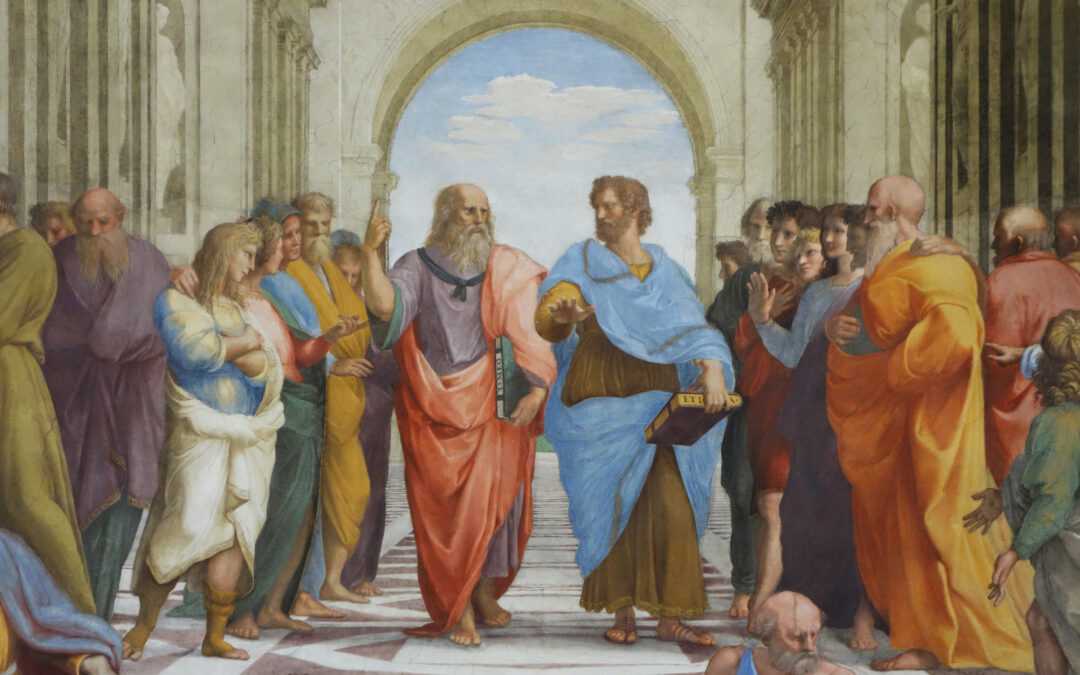Aristotle was a Greek philosopher and polymath during the Classical period in Ancient Greece. Taught by Plato, he was the founder of the Lyceum, the Peripatetic school of philosophy, and the Aristotelian tradition. His writings cover many subjects including physics, biology, zoology, metaphysics, logic, ethics, esthetics, poetry, theater, music, rhetoric, psychology, linguistics, economics, politics, meteorology, geology, and government. Aristotle provided a complex synthesis of the various philosophies existing prior to him. It was above all from his teachings that the West inherited its intellectual lexicon, as well as problems and methods of inquiry. As a result, his philosophy has exerted a unique influence on almost every form of knowledge in the West and it continues to be a subject of contemporary philosophical discussion.
Aristotle’s views on human nature are complex and multifaceted. However, some of his key ideas include:
- Humans are rational animals. We have the ability to reason and make choices.
- Humans are social creatures. We need to live in a community with others in order to flourish.
- The highest good for humans is eudaimonia, which is often translated as “happiness” or “well-being.” Aristotle defines eudaimonia as “activity of the soul in accordance with virtue.” He argues that there are two types of virtue: moral virtues and intellectual virtues. Moral virtues are character traits such as courage, temperance, justice, and generosity. Intellectual virtues are abilities such as wisdom, understanding, and prudence.
Aristotle believed that the highest good for humans is eudaimonia, which is often translated as “happiness” or “well-being.” He defined eudaimonia as “activity of the soul in accordance with virtue.” He argued that there are two types of virtue: moral virtues and intellectual virtues. Moral virtues are character traits such as courage, temperance, justice, and generosity. Intellectual virtues are abilities such as wisdom, understanding, and prudence.
Aristotle argued that the best way to achieve eudaimonia is to develop both moral and intellectual virtues. He also argued that the best way to develop these virtues is through education and practice.
Here are some of Aristotle’s key ideas on how to live a good life:
- Live in accordance with reason. Aristotle believed that humans are rational animals, and that our highest good is to live in accordance with reason. He argued that we should use our reason to guide our actions and make choices that are good for us in the long run.
- Develop moral virtues. Aristotle believed that moral virtues are essential for living a good life. He argued that we should practice moral virtues such as courage, temperance, justice, and generosity.
- Develop intellectual virtues. Aristotle believed that intellectual virtues are also essential for living a good life. He argued that we should practice intellectual virtues such as wisdom, understanding, and prudence.
- Live in a just society. Aristotle believed that the best way to live is to live in a just society, where everyone has the opportunity to develop their potential and live a good life.
